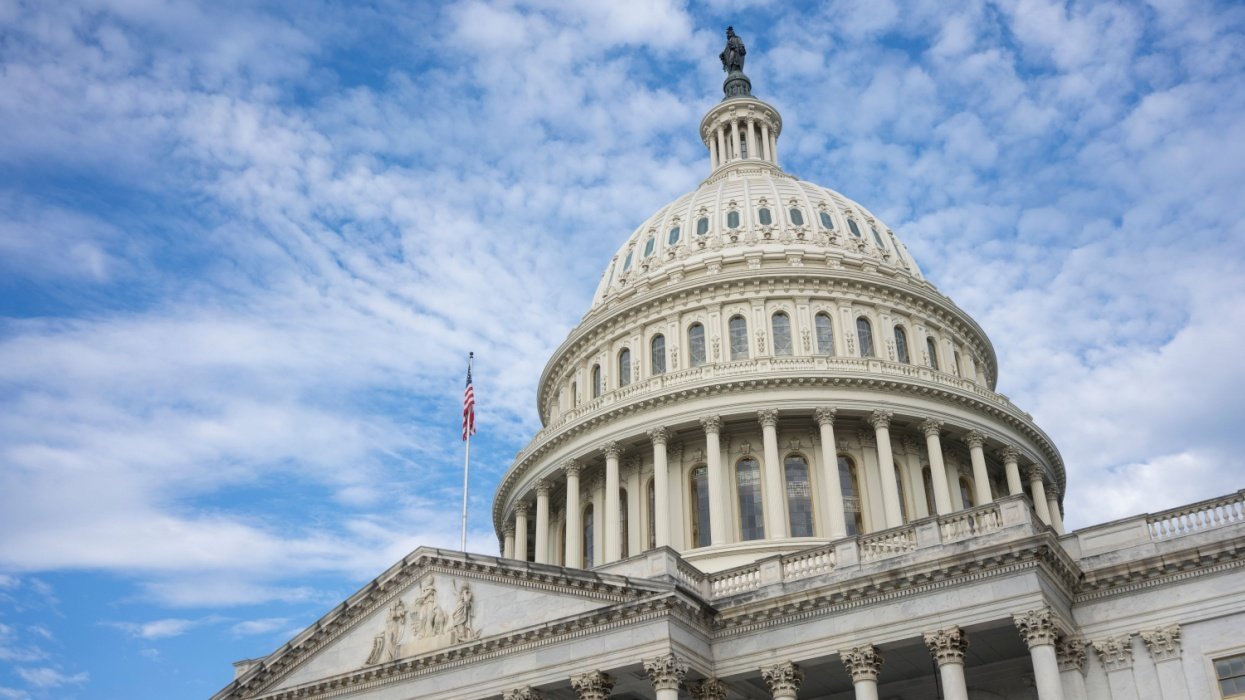As Ambassadors, we are on the front lines representing the United States. We know firsthand that U.S. interests are best served when we pursue policies that also advance our values.
That's why trade policy is among our most promising tools. Through the President's trade agenda, we will not only support more American jobs, but we can also promote greater justice beyond our borders.
Done right, trade policy is a strong complement to our broader bilateral efforts to urge partner countries to defend and protect the human rights of all individuals. In many ways, the two issues go together: open markets promote development, raise wages, and increase living standards, which in turn goes hand-in-hand with more open and engaged societies that demand a higher standard of protection for civil rights.
Many of us are currently working in our host countries to promote new trade initiatives, including the Trans-Pacific Partnership (TPP) and the Transatlantic Trade and Investment Partnership (T-TIP). In speaking about these agreements, we often use the word "values." We promote transparency, public participation, accountability and the rule of law, and we advocate for our host countries to join us in setting the global standard.
As the seven openly lesbian, gay, bisexual, transgender, and intersex U.S. Ambassadors and the Special Envoy for the Human Rights of LGBTI Persons, this approach is particularly important to us. After all, an export is more than just an item we are shipping overseas. It is also a product of the values of the people who created it, which it represents. And while the United States has made important progress in promoting and protecting the human rights of all of its residents, we are constantly reminded of the challenges LGBTI persons continue to face in countries around the world.
We are proud to be part of an Administration that remains deeply committed to the advancement of human rights for all, including LGBTI persons. President Obama recently said that "all people deserve to live free from fear, violence, and discrimination, regardless of who they are or whom they love." The Administration has backed up those words with actions, including through the issuance of a Presidential Memorandum to advance the human rights of LGBTI persons worldwide. This commitment is also clear in trade priorities like TPP, which would represent a significant expansion of enforceable labor rights, and would support the elimination of discrimination with respect to employment.
We are committed to working closely with the White House to ensure that any trade arrangement approved by Congress is a force for progress on human rights for everyone, including for LGBTI persons. By moving forward with President Obama's trade agenda, we can create a more prosperous, more innovative, and more secure global market and global workplace for the 21st century. With America's interests and values on the line, we hope Congress passes trade promotion authority without delay.
Signed,
Daniel B. Baer, U.S. Ambassador to the Organization for Security and Cooperation in Europe
John Berry, U.S. Ambassador to Australia
Randy Berry, Special Envoy for the Human Rights of LGBTI Persons
James W. Brewster, U.S. Ambassador to Dominican Republic
James Costos, U.S. Ambassador to Spain
Rufus Gifford, U.S. Ambassador to Denmark
Robert Holleyman, Deputy United States Trade Representative
Ted Osius, U.S. Ambassador to Vietnam

















































































